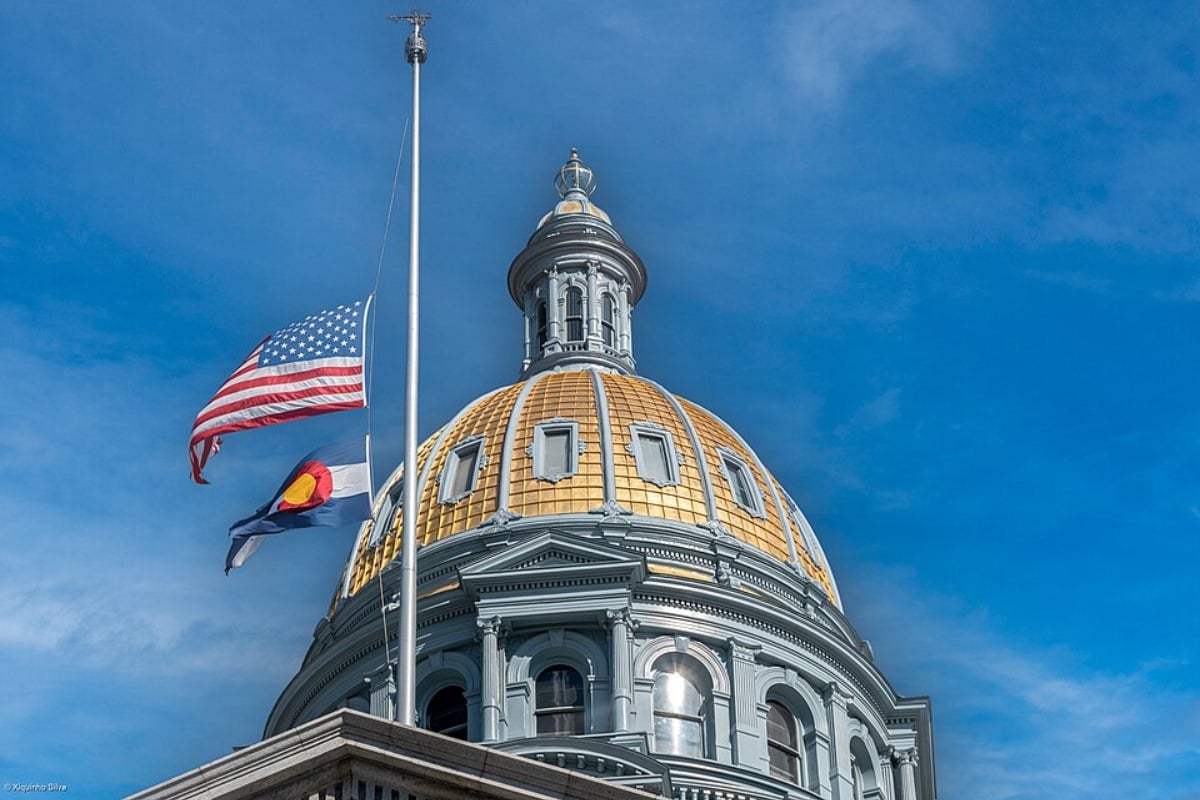Colorado Lawmakers Brace for Economic Challenges Amid Lower Revenue Forecasts and Federal Policy Impacts
By Nolan Peterson
Copyright hoodline

As Colorado grapples with the economic challenges that lie ahead, Democratic members of the Joint Budget Committee have voiced their concerns following the latest quarterly economic forecasts from the Legislative Council Staff (LCS) and the Office of State Planning and Budgeting (OSPB). Citing “years of thoughtful, bipartisan budgeting,” JBC Chair Jeff Bridges expressed confidence in the state’s financial standing, yet underscored the looming difficulties arising from H.R.1 and persistent tariffs, which have been stoking uncertainty and inflating costs for Colorado families.
As obtained by Colorado House Democrats, JBC Vice Chair Shannon Bird highlighted efforts to mitigate a $1 billion gap linked to Congressional Republicans’ actions, pointing to “Trump’s tariff taxes” as drivers behind surging family and business costs, a tepid job market, and an increased risk of recession. Judy Amabile, JBC member, touched upon the detrimental impact of H.R.1 on industries such as housing and consumer goods, emphasizing a steadfast commitment to Colorado’s welfare despite upcoming fiscal discussions.
There’s an evident dip in forecasts, with LCS predicting General Fund revenues of $17.17 billion for FY 2025-2026 and OSPB projecting slightly less at $17.0 billion. This marks a significant decrease from the June revenue forecast, adding another layer of concern for the state’s fiscal health. Contributing to this decline is a projected fall in corporate tax revenue, largely attributed to the impacts of H.R.1. This legislation, according to JBC Member Emily Sirota, was countered by state measures to close corporate tax loopholes and use part of the state’s rainy day fund in a bipartisan move to shield critical services from severe financial cuts.
Rising Medicaid costs pose another serious challenge, expected to climb by $350 million in the next year due, in part, to Colorado’s aging population. The LCS warns of the consequences of adjustments to Medicaid within the framework of H.R.1, potentially jeopardizing coverage for nearly 377,000 Coloradans. The Trump Administration’s economic policies, particularly the tariffs, have already led to prices climbing to a near-century high of 8.2 percent in Q2, according to LCS, revealing a trend that could dampen economic vigor by undermining consumer spending and business investments.
Amid the fiscal tumult, a previously enacted Colorado tax credit, the Family Affordability Tax Credit, is anticipated to cease for the 2026 tax year, a direct response to the corporate tax cuts championed by H.R.1. However, this tax credit is expected to make a partial comeback the following year. This development, alongside various economic factors, underscores the intricate and challenging fiscal landscape that Colorado lawmakers continue to navigate in these complex times.



